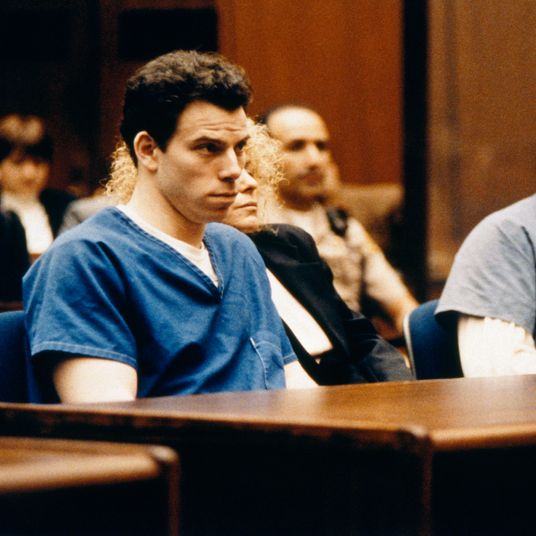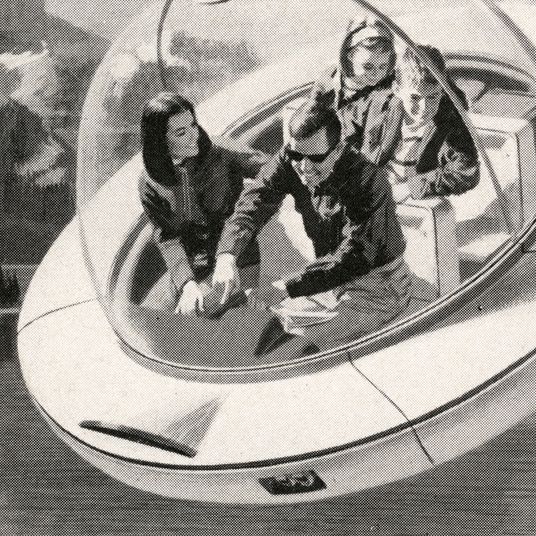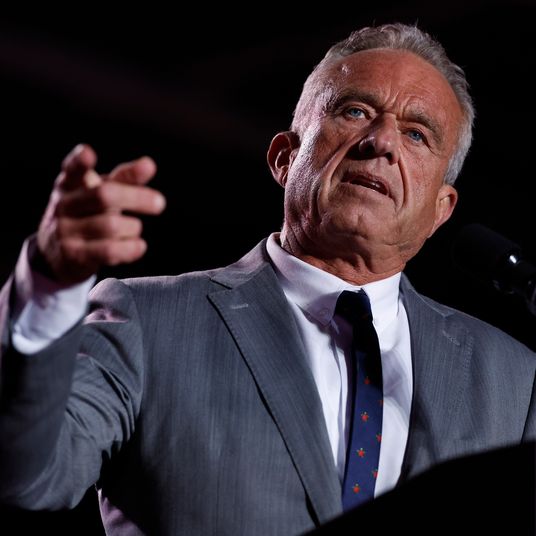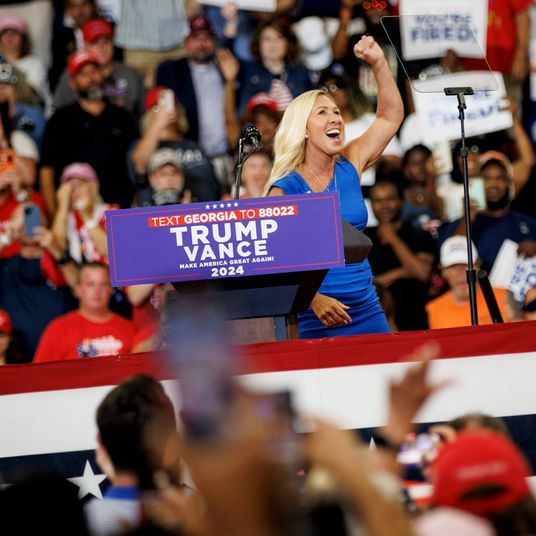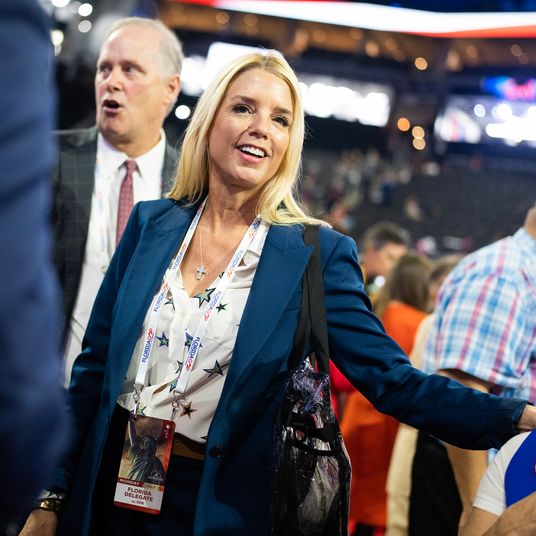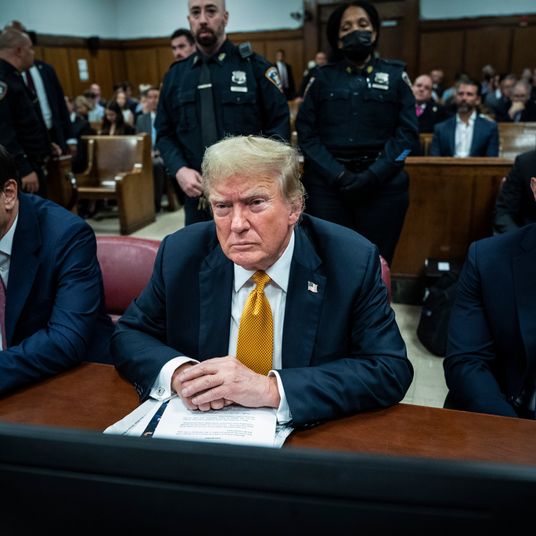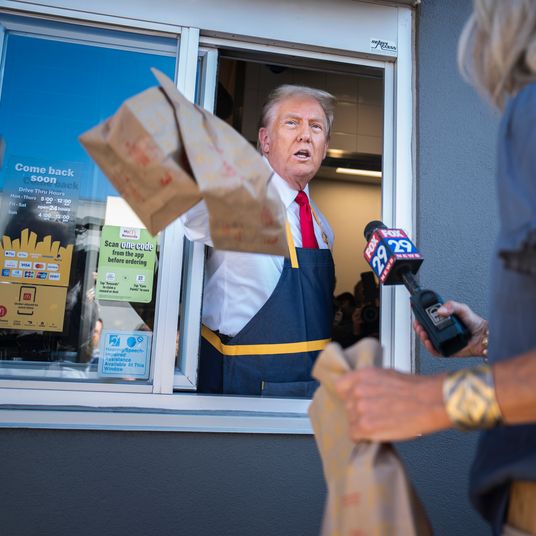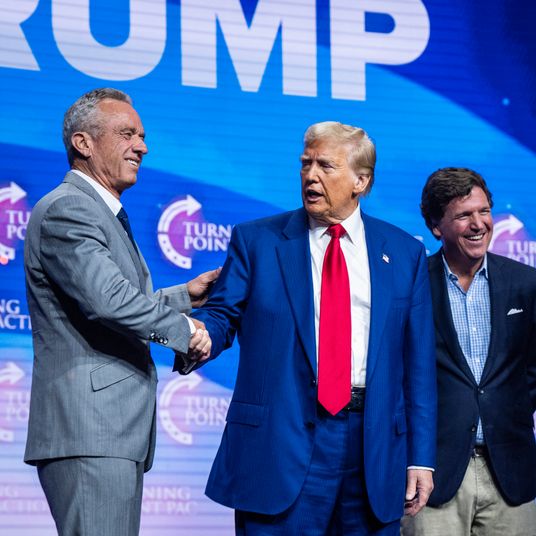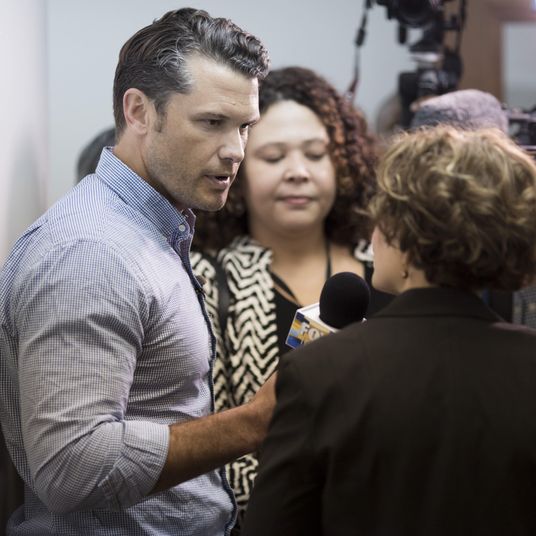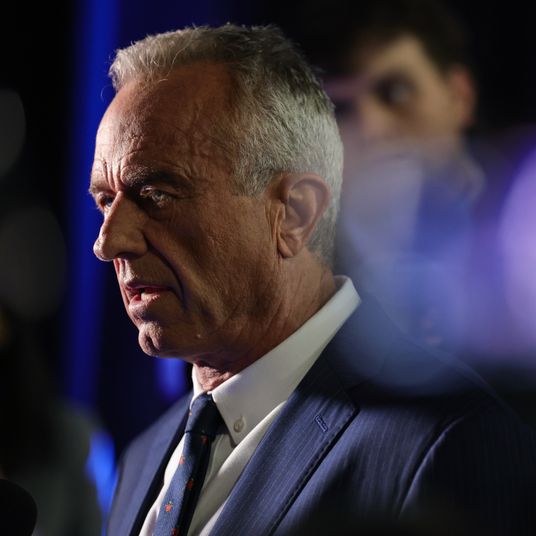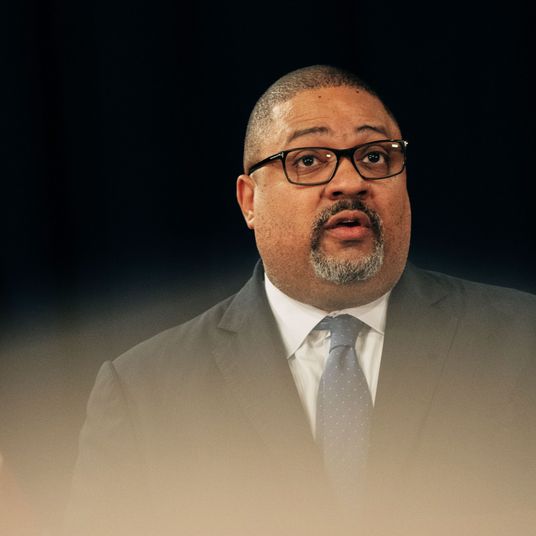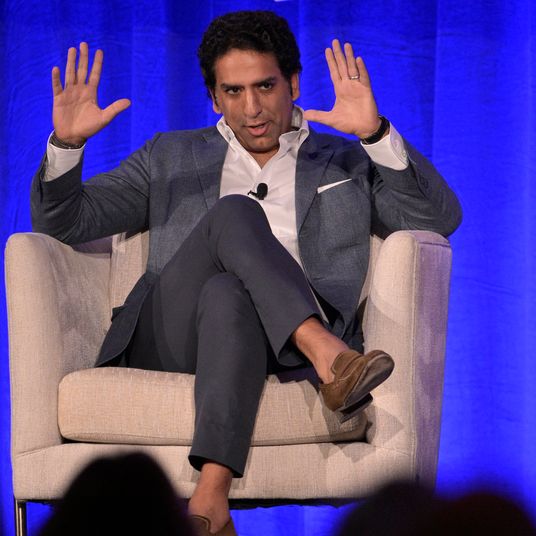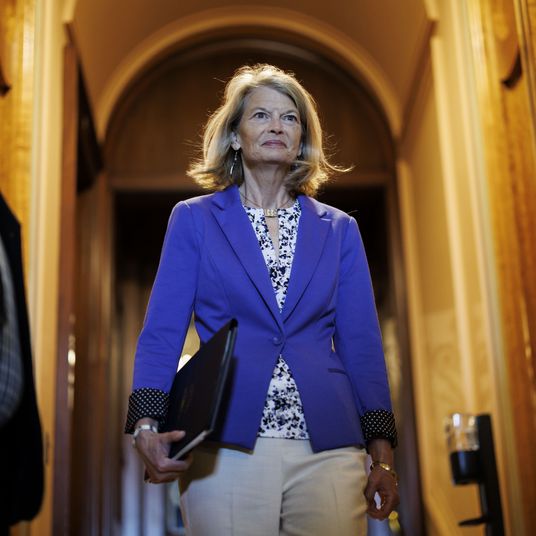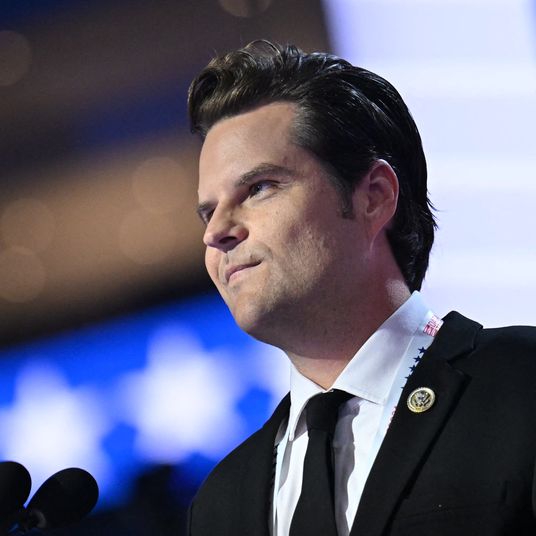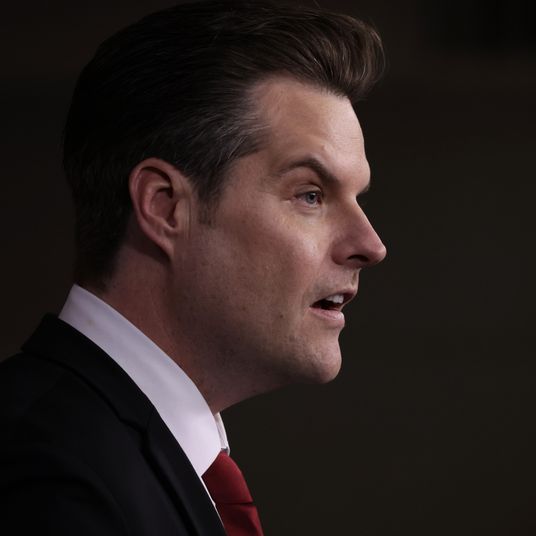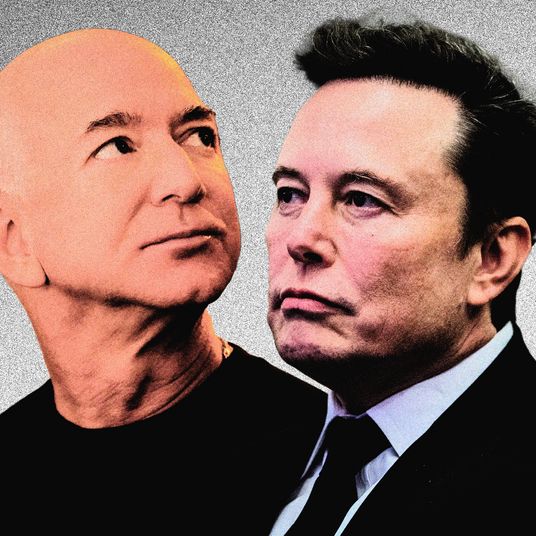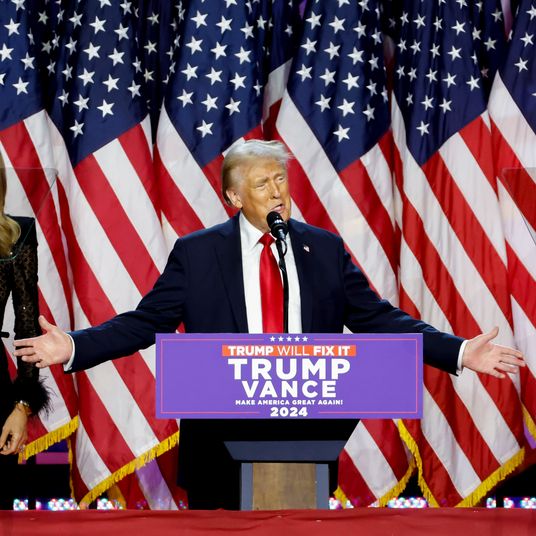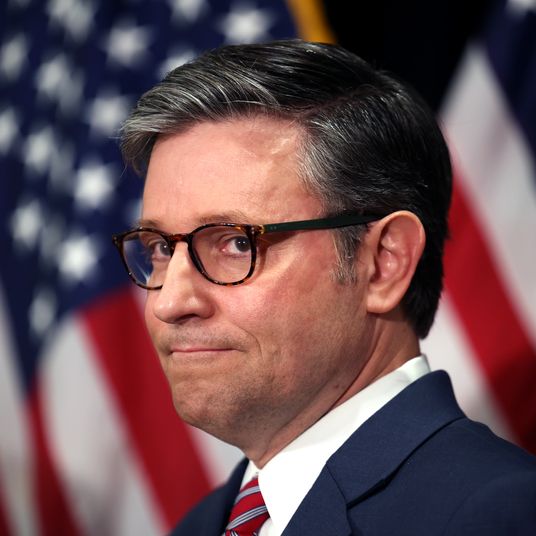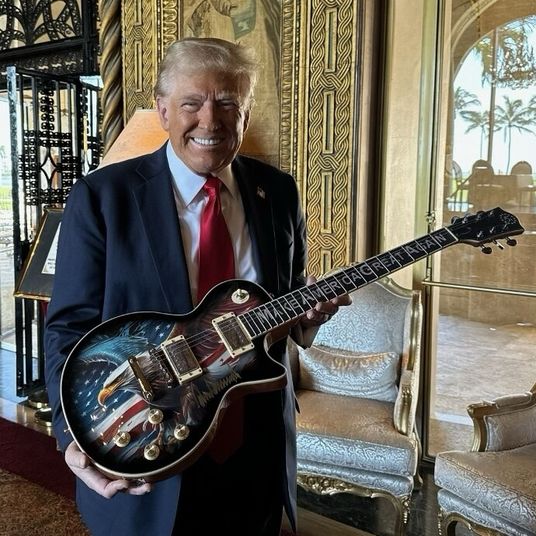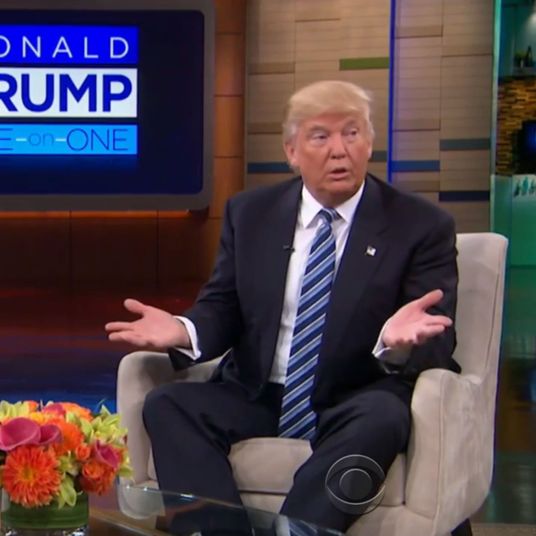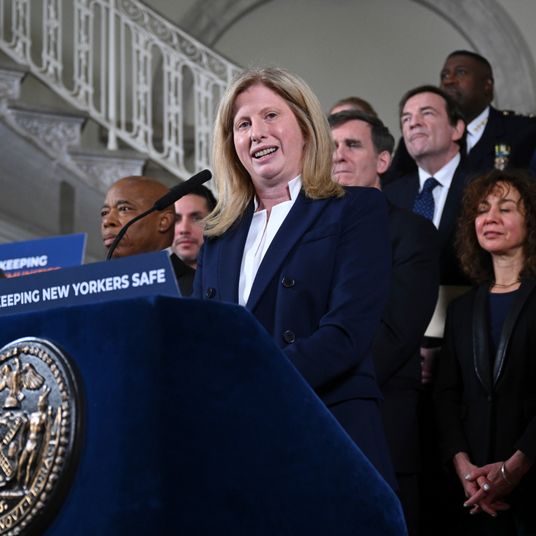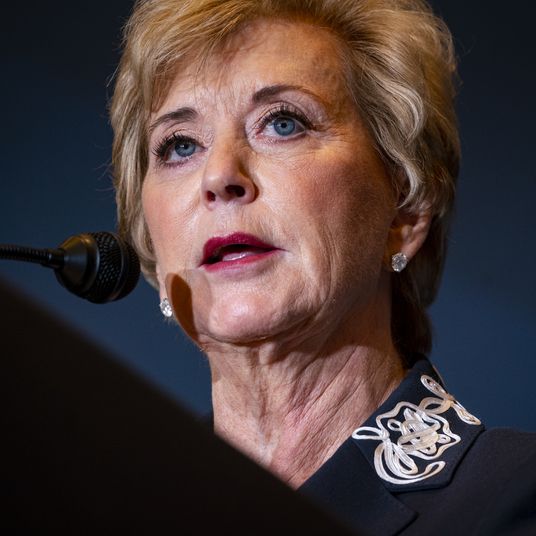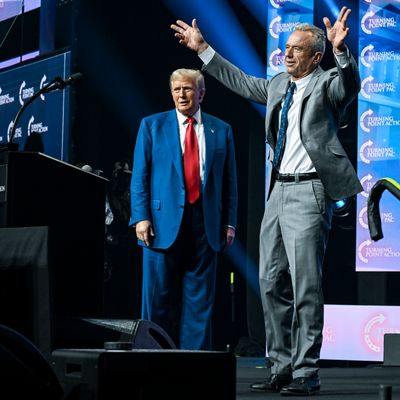
For a good part of the 2024 election cycle, one of the major continuing narratives was the loathing Americans had for the two major political parties. In 2023 and the first half of 2024, polls consistently showed voters longing for more options than the Democratic and Republican parties were providing. Some of that disdain may have been generated by the particular options on offer: two chronically unpopular old men named Biden and Trump. But that’s all the more reason it looked for a while like there could be a bumper crop of non-major party presidential candidates.
There was the No Labels movement, which for a while was making elaborate claims of viability (or at least significant visibility) for a bipartisan ticket in states across the country. There was an independent Robert F. Kennedy Jr. campaign that at one point was polling at around 20 percent in a number of states. Progressive academic and activist Cornel West launched his own indie candidacy. And the well-established Libertarian and Green parties were planning potentially formidable campaigns as well.
One by one, however, and over an extended period of time, the non-major party threats receded. No Labels expended a lot of its shadowy storehouse of dollars and energy trying to gain ballot access (with Democrats in particular battling them every step of the way), and then struggled to find the right matching set of candidates (one from each party). In April 2024 the group announced it was no longer going to sponsor a presidential ticket. Kennedy had his own ballot access problems, and seemed to lose steam when Kamala Harris replaced Joe Biden as the Democratic nominee and refreshed the major-party competition. Losing support almost hourly, Kennedy solicited offers of post-election power from both Democrats and Republicans. In August, he dropped out of the race and endorsed the highest bidder for his support, Donald Trump, despite his earlier denunciations of the major parties as a uniformly corrupt “uniparty.” West had all sorts of financial problems and never really mounted a credible campaign. The Libertarians had an internal war over their attitude towards the MAGA movement, leaving nominee Chase Oliver with a diminished base. And the Greens’ Jill Stein seemed to be haunted by her reputation as a 2016 spoiler who thwarted Hillary Clinton’s efforts to become the first woman in the Oval Office.
In the end, the non-major party threat faded, with the pressure to choose between Harris and Trump increased by the enormous stakes of the contest and the very close race being shown by the polls. With more than 97 percent of the national popular vote counted, Trump leads Harris by 1.8 percent (50.1 to 48.3 percent); together they won 98.4 percent of the vote, leaving just 1.6 percent to the rest of the field, less than the notably low 1.9 percent they received four years earlier, and far less than the 5.7 percent they won in 2016. Bad as the Libertarian and Green performances were in 2020, they did significantly worse in 2024. The Libertarian share of the vote dropped from 3.3 percent in 2016 (with Gary Johnson as the presidential candidate) to 1.2 percent in 2020 (with Jo Jorgensen at the top of the ticket) to a mere 0.4 percent–and a fifth-place finish–with Oliver in 2024. The Greens yo-yo’d a bit; they had 1.1 percent with Stein in 2016, 0.3 percent under Howie Hawkins in 2020, and then managed to finish third with just 0.5 percent in 2024. Kennedy’s zombie candidacy remained on the ballot in 33 states, despite his endorsement of Trump, and he finish fourth just a hair behind Stein.
So a year which looked so robust for defiers of the Democrat/Republican duopoly wound up being wretched for them. You could argue the non-major party candidates were particularly weak this year, or that the extremely close polls made the risk of “wasting” votes on non-viable options especially acute. But looking ahead, it’s increasingly clear that it takes a lot more than not being somebody else (whether than somebody is Donald Trump or Kamala Harris) to garner a significant vote for president.







